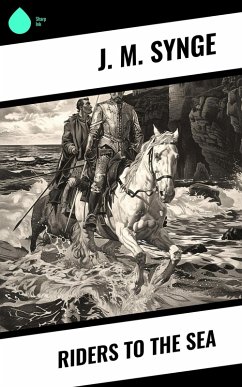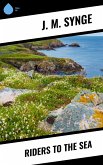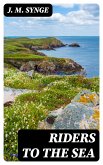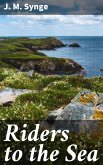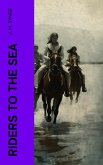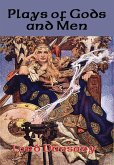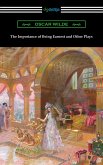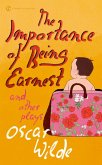J. M. Synge's poignant one-act play, *Riders to the Sea*, delves into the complexities of life and death within the rural Irish community of the Aran Islands. Written in 1904, the play is steeped in lyrical language and employs a naturalistic style interwoven with the rich tapestry of Irish folklore and dialect. The narrative centers on the struggles of Maurya, a grieving mother besieged by the relentless forces of the sea that claim her sons, elucidating the themes of fate, loss, and resilience in the face of nature's wrath. Synge's careful attention to the vernacular language and atmospheric details serves to encapsulate the harsh realities and spiritual depth of coastal life in Ireland, reinforcing the tensions between man and an unforgiving environment. J. M. Synge, an influential figure in the Irish Literary Revival, was profoundly inspired by the rugged landscapes and resilient people of the Aran Islands, where he spent significant time. His experiences in this remote community informed the authenticity of his characters and themes, revealing the universal struggle against the elemental forces that define human existence. The socio-political backdrop of Ireland during this period also imbued his work with a sense of cultural and national identity, reflecting the broader aspirations of the Irish people. This classic work is a must-read for those interested in Irish drama, folklore, and the exploration of existential themes. Synge's artistic mastery illuminates the human condition in the face of tragedy, making *Riders to the Sea* not only a testament to the power of language but also a profound reflection on mortality and the bonds of family. It invites readers to engage deeply with the text's emotional and thematic richness.
Dieser Download kann aus rechtlichen Gründen nur mit Rechnungsadresse in A, B, BG, CY, CZ, D, DK, EW, E, FIN, F, GR, HR, H, IRL, I, LT, L, LR, M, NL, PL, P, R, S, SLO, SK ausgeliefert werden.

